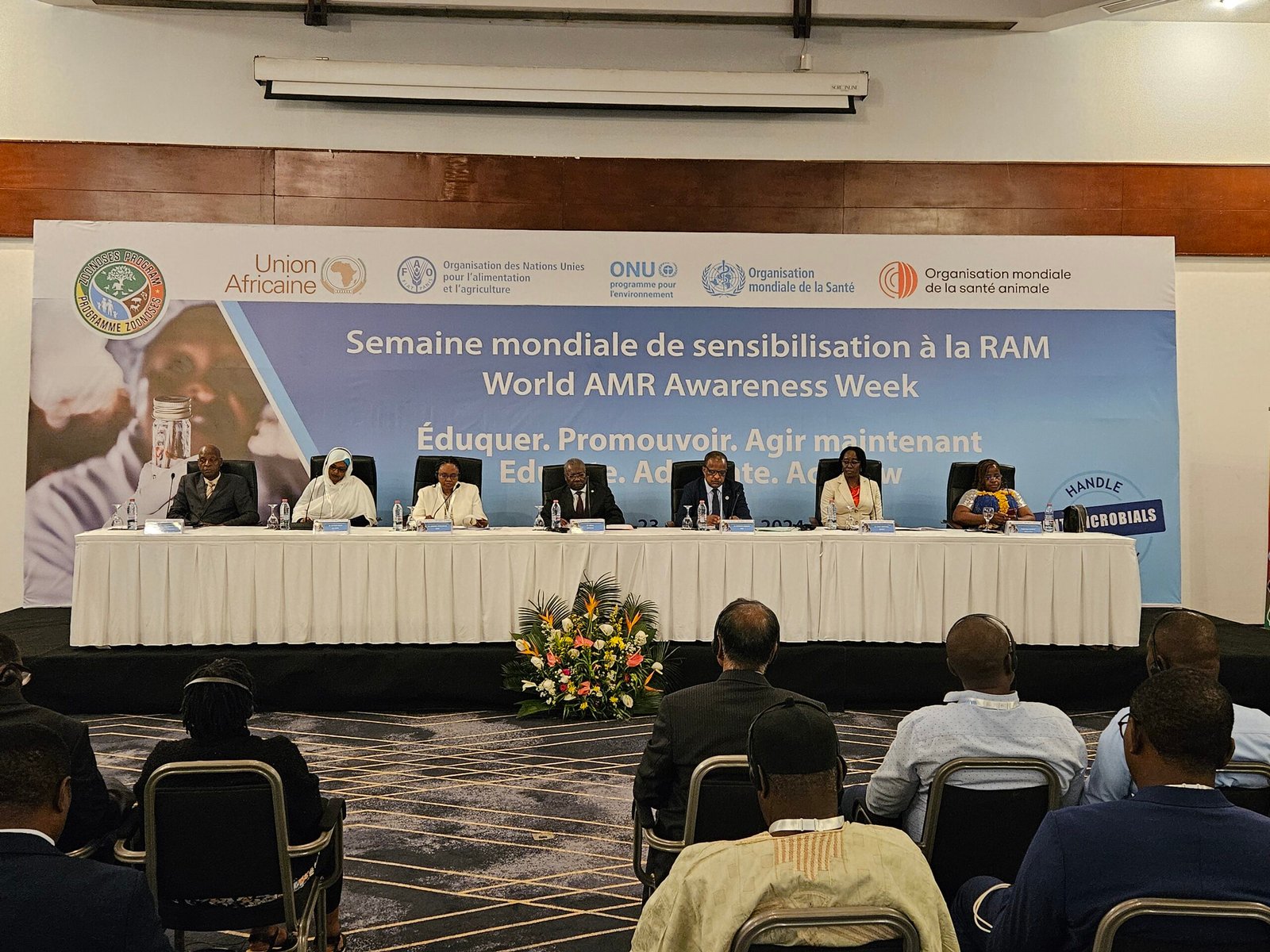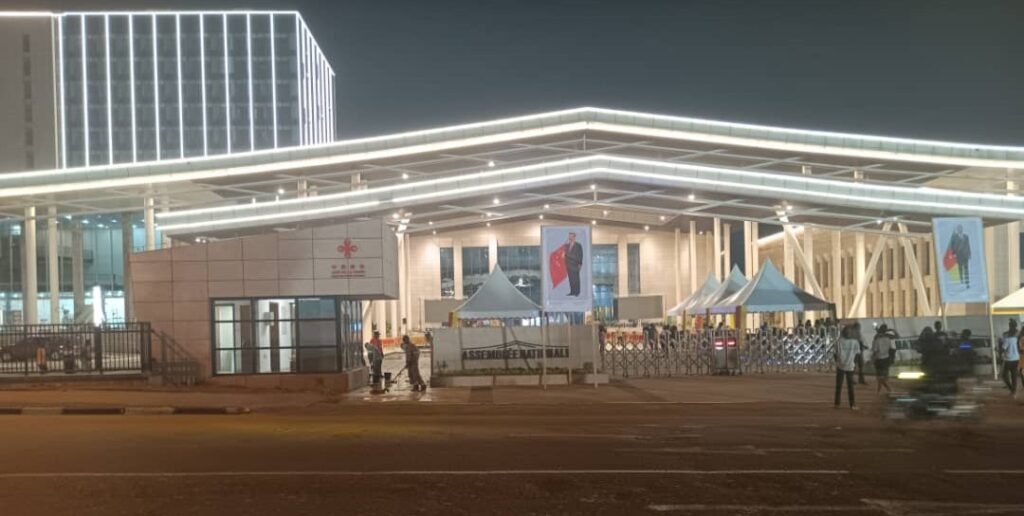By Etienne Mainimo Mengnjo
Two Non-Governmental Organizations, Afrogiveness Movement and the African Institute for Human Rights and Peace (AIHRP) are at the forefront of a movement to reform mental health laws in Cameroon.

This is the focus of the Mental Health Rights Congress (MEHRIC) that will take place in Yaoundé on Tuesday, December 3rd. The congress aims to mobilize stakeholders from across all sectors to understand the importance of a stand-alone Mental Health Law. The congress is also expected to engage survivors of mental illness to advocate for their mental health rights before the National Assembly.
MEHRIC will unite the executive, legislative, and judiciary branches of government, key civil society organizations, mental health practitioners, and nearly 1,000 survivors of conflict-related trauma and mental illness to champion Cameroon’s first mental health law.

Given the unique nature of mental health, advocates argue for a standalone legislation separate from general health or disability laws. They contend that mental health is specific, as most Cameroonians of all ages have likely experienced trauma or mental health issues, many of which remain undiagnosed. While mental health impacts physical health and vice versa, it often lacks equal attention.
They also highlight the role of stigma, which makes both mental health patients and caregivers vulnerable. Stigma significantly affects the quality of care and access to necessary services for individuals with mental health conditions. Furthermore, nearly two-thirds of people with mental health conditions do not seek treatment. As mental health is fundamental to peace and development, it requires dedicated attention.
According to the advocates, mental health legislation can provide a legal framework for addressing critical issues such as, community integration of individuals with mental disorders, provision of high-quality care, improved access to care, protection of civil rights and promotion of rights in areas like housing, education, and employment
Additionally, legislation can play a crucial role in promoting mental health and preventing mental disorders. Mental health legislation is more than just care and treatment legislation; it encompasses a broader range of issues.

Mental health legislation is also necessary to protect the rights and ensure the responsibilities of Mental Health Care Practitioners (including Psychiatrists, Psychologists, and caregivers).
According to the WHO (2003), mental health legislation is essential for protecting the rights of people with mental disorders, who are a vulnerable population. They face stigma, discrimination, and marginalization, increasing the likelihood of human rights violations.
Mental disorders can sometimes affect people’s decision-making abilities, leading to challenges in seeking or accepting treatment. In rare cases, individuals with mental disorders may pose a risk to themselves or others due to impaired decision-making. It’s important to address these issues without perpetuating harmful stereotypes.
The Afrogiveness Movement, launched in 2018 (registered in 2021), aims to provide mental health and psychosocial care to refugees and Internally Displaced Persons (IDPs). It helps mentally traumatized youths heal through forgiveness and artistic expression, transforming trauma into resilience.
The African Initiative for Health and Research Promotion provides high-quality healthcare services with subsidies (free medical consultations, subsidized medications, and laboratory tests), free health education programs, and psychosocial counseling to traumatized victims of conflicts (internally displaced persons and refugees) and low-income individuals. It also encourages research among young medical students and health workers to address and prevent diseases in Cameroon and Africa.









